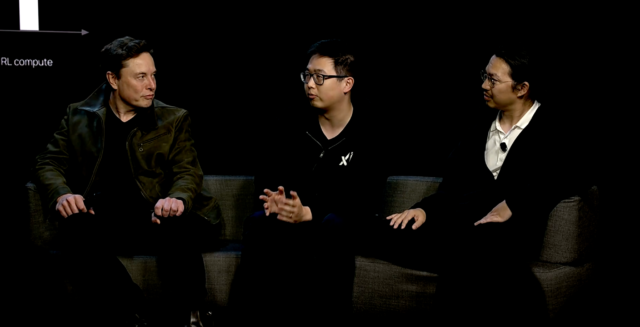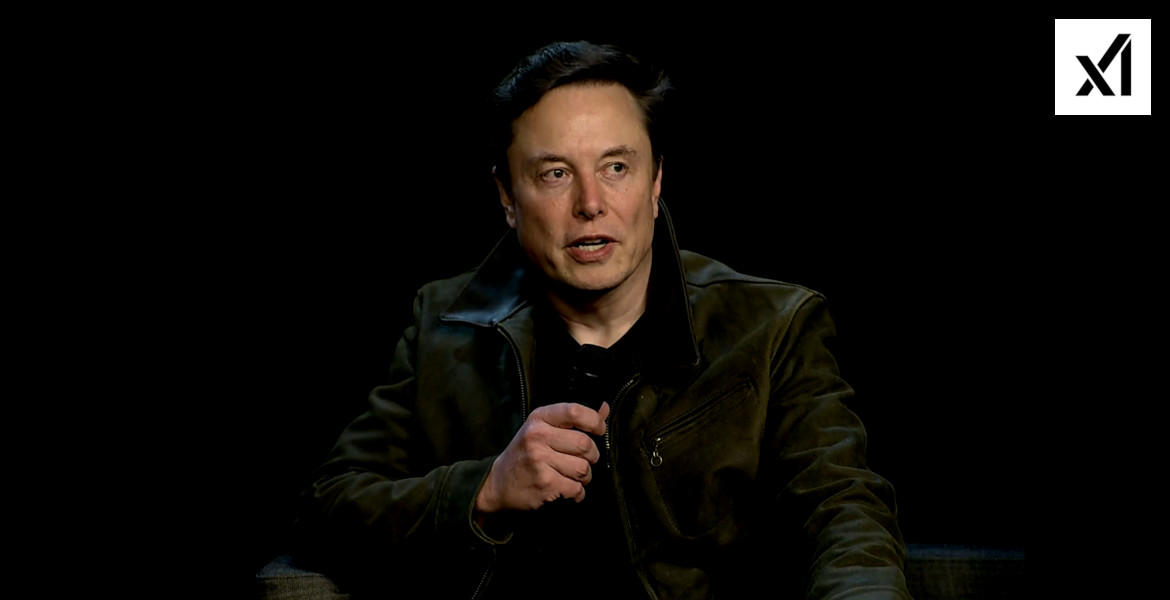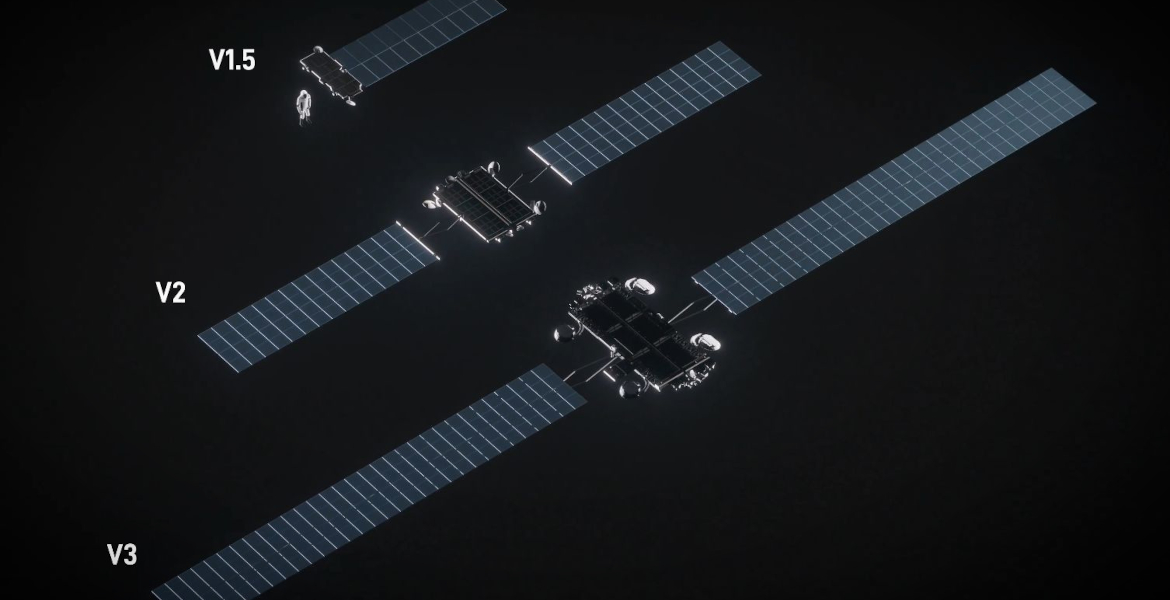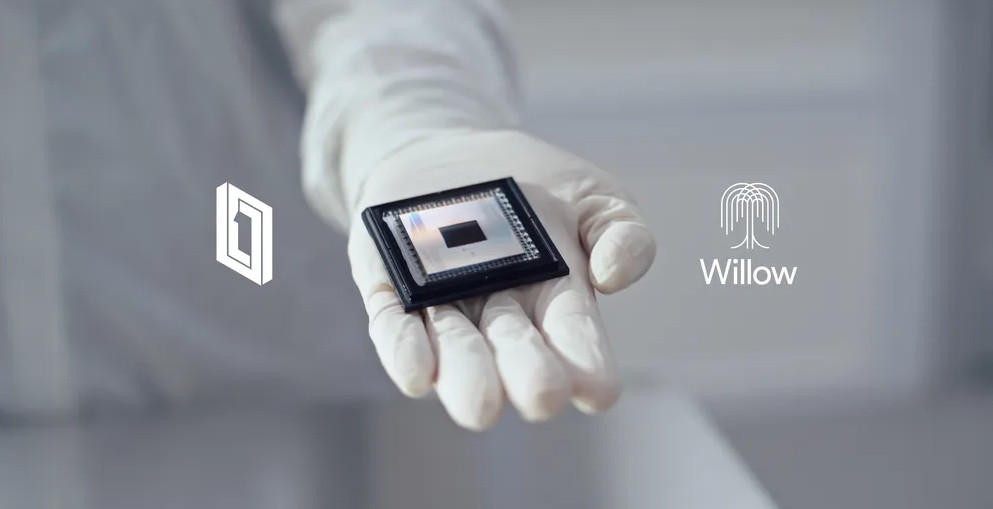Elon Musk's AI company xAI presented its latest AI model Grok 4 on Wednesday, along with a monthly fee of $300 for access to the premium version. The launch comes amid a turbulent period for Musk's companies, as X CEO Linda Yaccarino has left her position and the Grok system, which lacks politically correct safeguards, has made controversial comments.
xAI took the step into the next generation on Wednesday evening with Grok 4, the company's most advanced AI model to date. At the same time, a premium service called SuperGrok Heavy was introduced with a monthly fee of $300 – the most expensive AI subscription among major providers in the market.
Grok 4 is positioned as xAI's direct competitor to established AI models like OpenAI's ChatGPT and Google's Gemini. The model can analyze images and answer complex questions, and has been increasingly integrated into Musk's social network X over recent months, where xAI recently acquired significant ownership stakes.
Musk: "Better than PhD level"
During a livestream on Wednesday evening, Musk made bold claims about the new model's capabilities.
"With respect to academic questions, Grok 4 is better than PhD level in every subject, no exceptions", Musk claimed. However, he acknowledged that the model can sometimes lack common sense and has not yet invented new technologies or discovered new physics – "but that is just a matter of time".
Expectations for Grok 4 are high ahead of the upcoming competition with OpenAI's anticipated GPT-5, which is expected to launch later this summer.
Introducing Grok 4, the world's most powerful AI model. Watch the livestream now: https://t.co/59iDX5s2ck
— xAI (@xai) July 10, 2025
Launch during turbulent week
The launch comes during a tumultuous period for Musk's business empire. Earlier on Wednesday, Linda Yaccarino announced that she is leaving her position as CEO of X after approximately two years in the role. No successor has yet been appointed.
Yaccarino's departure comes just days after Grok's official, automated X account made controversial comments criticizing Hollywood's "Jewish executives" and other politically incorrect statements. xAI was forced to temporarily restrict the account's activity and delete the posts. In response to the incident, xAI appears to have removed a recently added section from Grok's public system instructions that encouraged the AI not to shy away from "politically incorrect" statements.

Two model versions with top performance
xAI launched two variants: Grok 4 and Grok 4 Heavy – the latter described as the company's "multi-agent version" with improved performance. According to Musk, Grok 4 Heavy creates multiple AI agents that work simultaneously on a problem and then compare their results "like a study group" to find the best answer.
The company claims that Grok 4 demonstrates top performance across several test areas, including "Humanity's Last Exam" – a demanding test that measures AI's ability to answer thousands of questions in mathematics, humanities, and natural sciences. According to xAI, Grok 4 achieved a score of 25.4 percent without "tools," surpassing Google's Gemini 2.5 Pro (21.6 percent) and OpenAI's o3 high (21 percent).
With access to tools, Grok 4 Heavy allegedly achieved 44.4 percent, compared to Gemini 2.5 Pro's 26.9 percent.
Future products on the way
SuperGrok Heavy subscribers get early access to Grok 4 Heavy as well as upcoming features. xAI announced that the company plans to launch an AI coding model in August, a multimodal agent in September, and a video generation model in October.
The company is also making Grok 4 available through its API to attract developers to build applications with the model, despite the enterprise initiative being only two months old.
Whether companies are ready to adopt Grok despite the recent mishap remains to be seen, as xAI attempts to establish itself as a credible competitor to ChatGPT, Claude, and Gemini in the enterprise market.
The Grok service can now be accessed outside the X platform through Grok.com.




